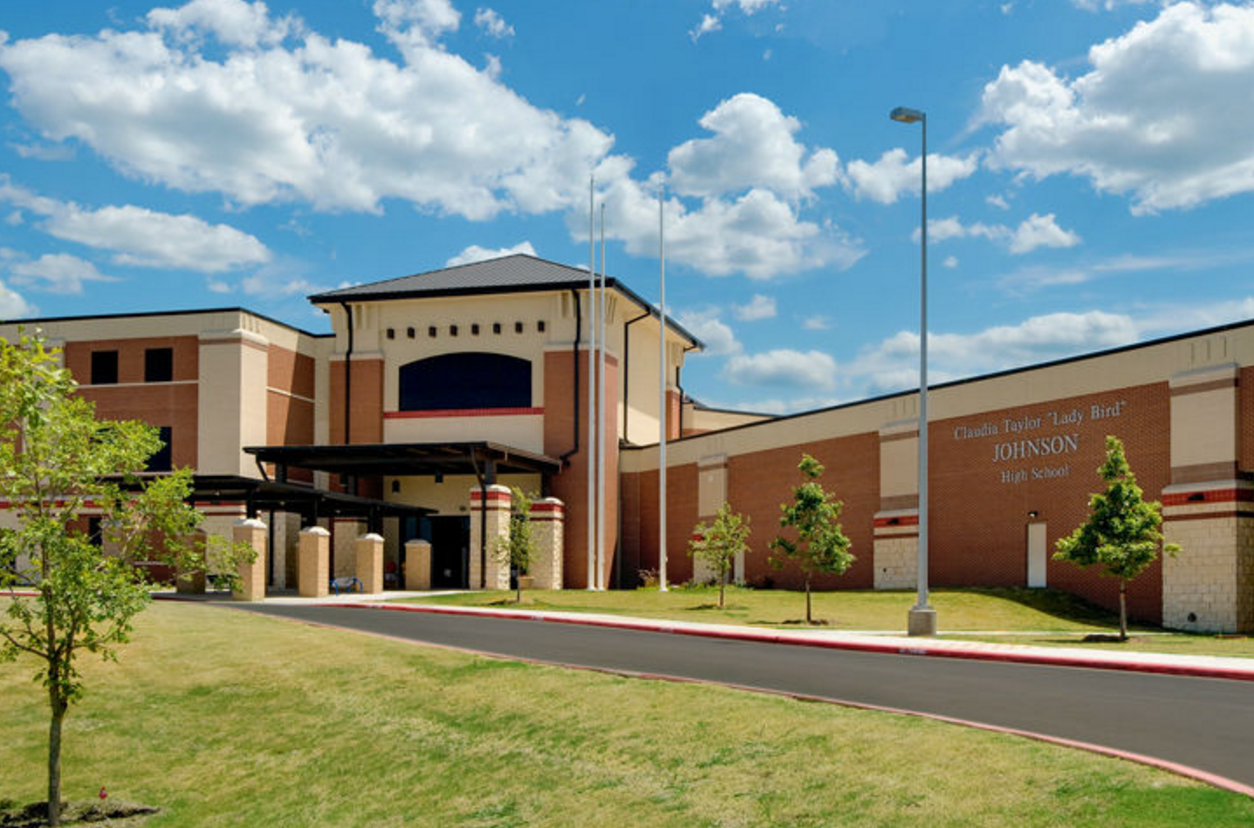by Katie Barton | Editor-In-Chief
As you walk into your lifetime nutrition and wellness class, you put on your apron and begin to cook. You preheat the oven, mix the ingredients together, pour them into a bowl, and finally put it all into the oven. Then when the timer beeps, you open the oven, and reach your hand into the oven, but before you touch the pan you remember to put on an oven mitt to ensure your safety. If it weren’t for this class teaching you necessary life skills, you could’ve ended up injured and without a meal to eat.
“Lifetime nutrition and wellness, principles of human services, and then spring semester I have dollars and cents,” family consumer science teacher Valerie Diep said.
Many of Diep’s classes cover life skills mentioned before, and Diep believes that those skills are all valuable to students.
“I feel like whenever I get out of high school I like won’t be prepared for like anything,” sophomore Zoe Sinn said.
Even students agree that these abilities are important.
“It’s important to teach students to some life skills that you won’t know when you’re out of school, because you’ve never been exposed to it,” senior Jimena Cancino said.
Cancino has even found ways to incorporate these family consumer science skills into her job, watching the children at a church.
“I learn a lot about children and I know how to handle them and take care of them really well because I understand the cognitive level they’re at,” Cancino said.
Not only do these teach things students can use in work environment, but they can also provide students with ways to effectively deal with their mental health.
“I’m teaching crisis and stress managing,” Diep said. “You have to try to get organized, you have to do time management, and there’s always gonna be stress but if you can manage it, it’s gonna make your life that much easier.”
Diep also teaches students how to cook healthy meals for themselves in several of her classes.
“I feel like cooking is something that you’re gonna really need,” senior Whitney Henning said. “You’re not gonna be wanting to eat some random box lunch every day for lunch.”
Some students also feel like these classes would be more helpful than some of their required classes.
“A lot of classes obviously are helpful, but I wish we could do more what we want to do instead of like what we have to do,” Sinn said.
Though students who have taken these classes seem to really appreciate them, many people take these classes having no idea what the class is about.
“That’s why on day one I go over the course description in the syllabus so that they know what they signed up for,” Diep said. “Because some of them, they just read the title and they’re like ‘okay that sounds cool’, so I like to give them the true picture.”
Diep hopes that her classes are able to helps students even if its way later on in life.
“Students are now like, I can see the usefulness, but they don’t really,” Diep said. “It doesn’t click until years later.”


 CTJ Faculty Directory
CTJ Faculty Directory